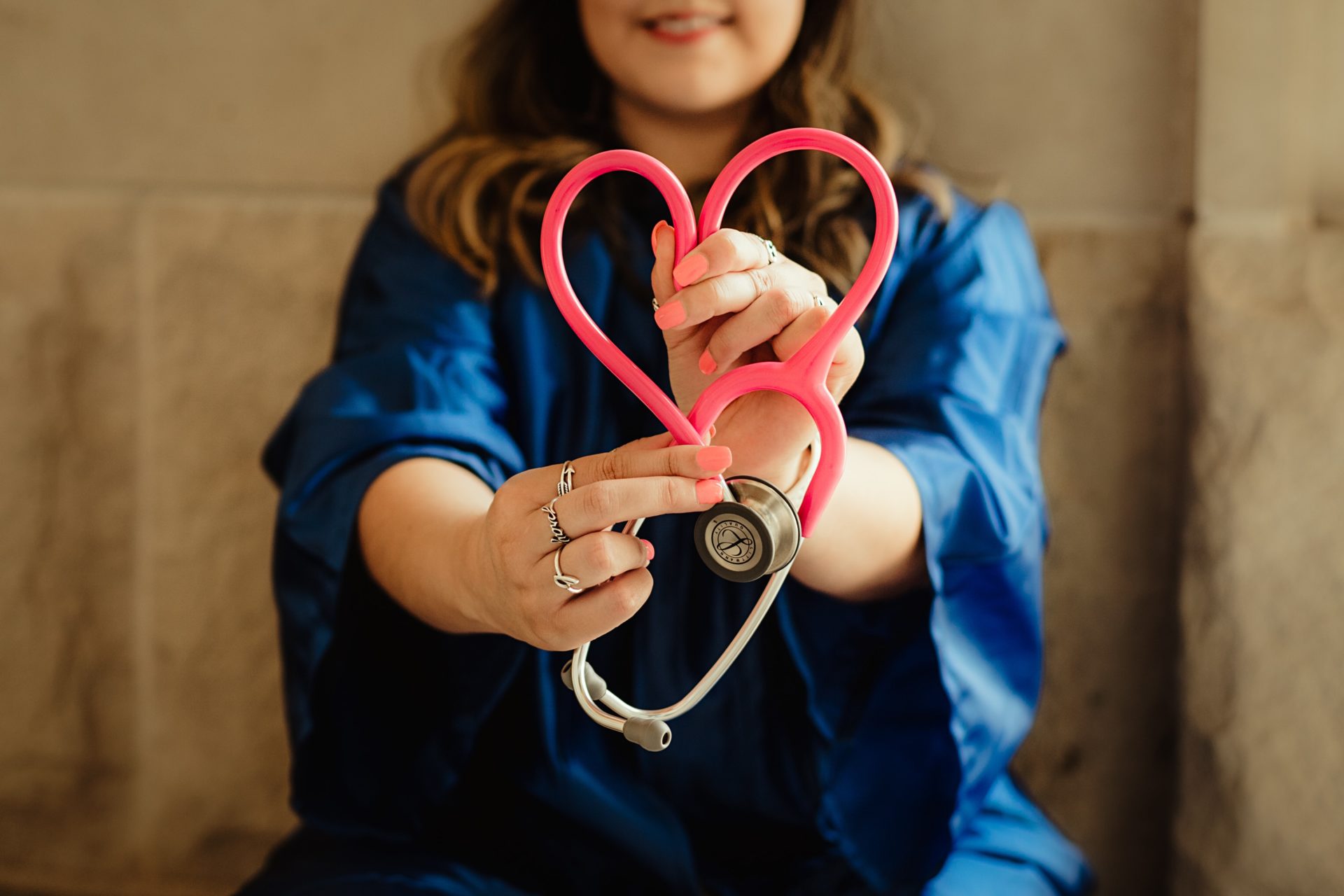The healthcare industry is under pressure. Too expensive, too many patients, too few healthcare professionals. To avoid a bigger crisis, we can only turn on one important switch: prevention. In other words, how do we ensure that people become and stay healthier? A simple question with no easy answer. NOM seeks those answers on November 14 during the Prevention in Healthcare Roundtable. Guests with different perspectives will discuss solutions to drive the much-needed transition.
He watched with concern as people's vascular health deteriorated significantly over the years, realizing how serious the situation had become. Interventional radiologist Kai Yiu Ho decided that things couldn't continue this way. "As a doctor, you're essentially paid for illness, not for health. That bothered me. How can we improve people's health? Only one way: by adopting a different lifestyle."
Ninety percent of all the diseases sweeping our country are directly related to an unhealthy lifestyle and the incidence of these diseases is steadily growing, and they are manifesting in individuals at increasingly younger ages. Smoking, poor diet, too little exercise. Continuously patching things up is not a viable option. Preventing people from getting sick is the only response to the impending health crisis. Ho made the decision to take action.
He developed a program under the name DrHealthy, which allows people to actively work on their health. ,,Initially I focused on people who are intrinsically motivated to improve their health. That's an easy group to reach, and you have to start somewhere. We are working on an app that can reach a much larger audience with the help of AI. This way, we can have a much greater impact."
Ho works on health in three ways. ''We start with the nutrition. Metabolic health is crucial. What are you actually eating and drinking and what should you be consuming? We completely customize that advice for each person. Then we get people moving. You see in our country that muscle mass decreases quite rapidly as people age. But that doesn't have to happen at all. Finally, we look carefully at the manner of guidance. What works well for one person might not for another. In this way we try to make it as easy and personal as possible to improve your lifestyle.''
The app answers health-related questions and provides personalized advice. "It can really motivate you to do what's good for you. We envision the app being offered through general practitioners and other healthcare providers who in turn would persuade people to use the app. Ultimately, it should become the norm for a lot of people to use the app to genuinely improve their health, either because they personally value it or because they receive attractive rewards. Of course, good health is the best reward, but you also have to consider achieving specific goals, which vary from person to person. And there will be something enjoyable in return for that."
More resilient
Expanding horizons resonates with Nick Cramer. On LinkedIn, he calls himself a "Healthcare Transformer," a well-chosen title. In the Lifestyle Street in Emmen, his sole mission is to transform healthcare. The motto is shifting from healthcare to well-being. "Health issues stemming from lifestyle are often intertwined with problems in many other areas, such as loneliness, unemployment, poverty, addiction, to name but a few. Currently, assistance is too compartmentalized within each domain. We will also need to break down those partitions in order to make substantial improvements in lifestyle on a large scale."
Many domains, many healthcare providers. They should play an important role in the prevention of lifestyle diseases, Cramer believes. What you want is for lifestyle to be linked to every request for help. It works the other way around as well. A healthier lifestyle makes you more resilient and better equipped to solve or prevent problems in other areas. The connection between the body and the mind should be better utilized."
Some degree of coercion is inevitable in this regard, according to the healthcare transformer. "Imagine health insurers offering discounts to people who work on their lifestyle and taking it even further, excluding people who do not. Employers could potentially demand that their employees focus on their health, as could aid agencies. You know, if we wait for people to take action on their own accord, then we are too late. We must reverse the tide."
Nick Cramer and Kai Yiu Ho tackle the healthcare challenge from different perspectives but are largely in accord. They both believe that the key to preserving healthcare lies in encouraging people to lead healthier lives. Ho stated, "The Round Table is labeled 'Prevention in Healthcare,' but it's predominantly about prevention beyond the healthcare system. That's the ultimate goal: for people not to require healthcare." Cramer added, "It should be customary for individuals to actively invest in their own health."
Sign up for Roundtable Healthy(er) lifestyle important pillar for prevention
We would like to discuss this on Tuesday, November 14, starting at 2:30 p.m. in the Leefstijlstraat in Emmen. We cordially invite you to join the discussion with us. You can sign up on this page.
